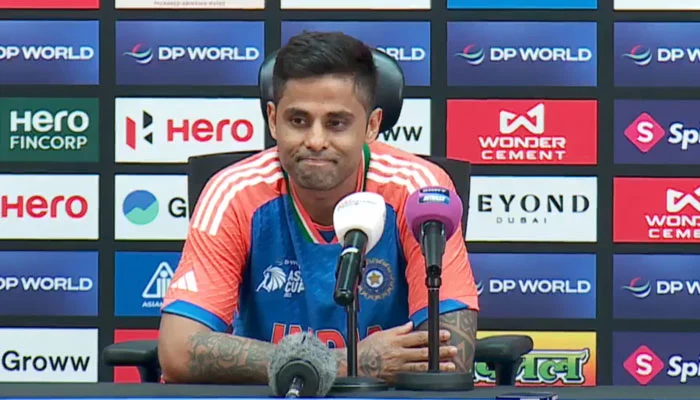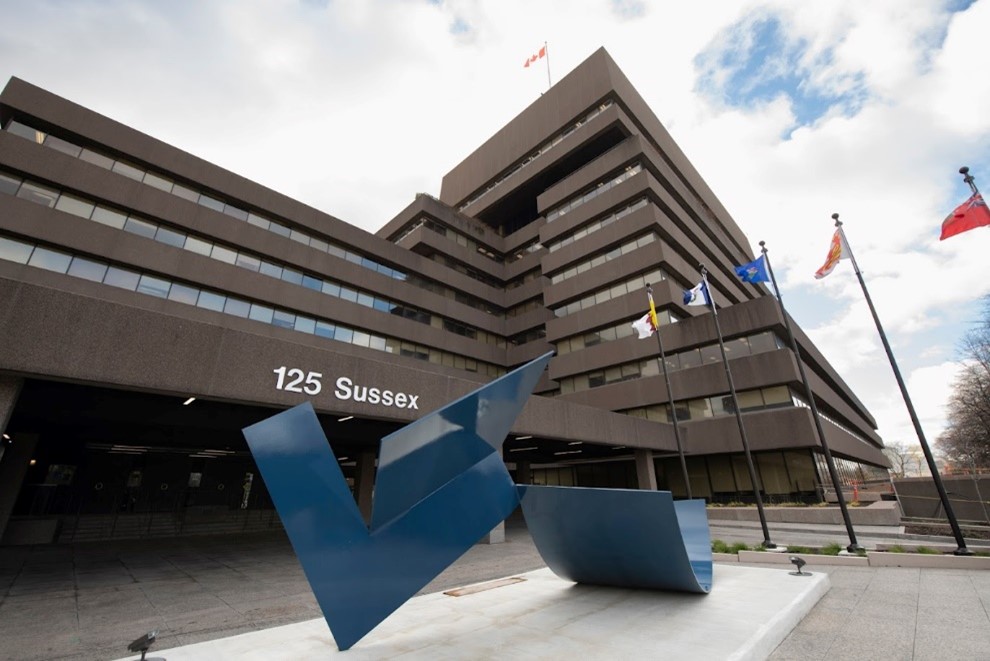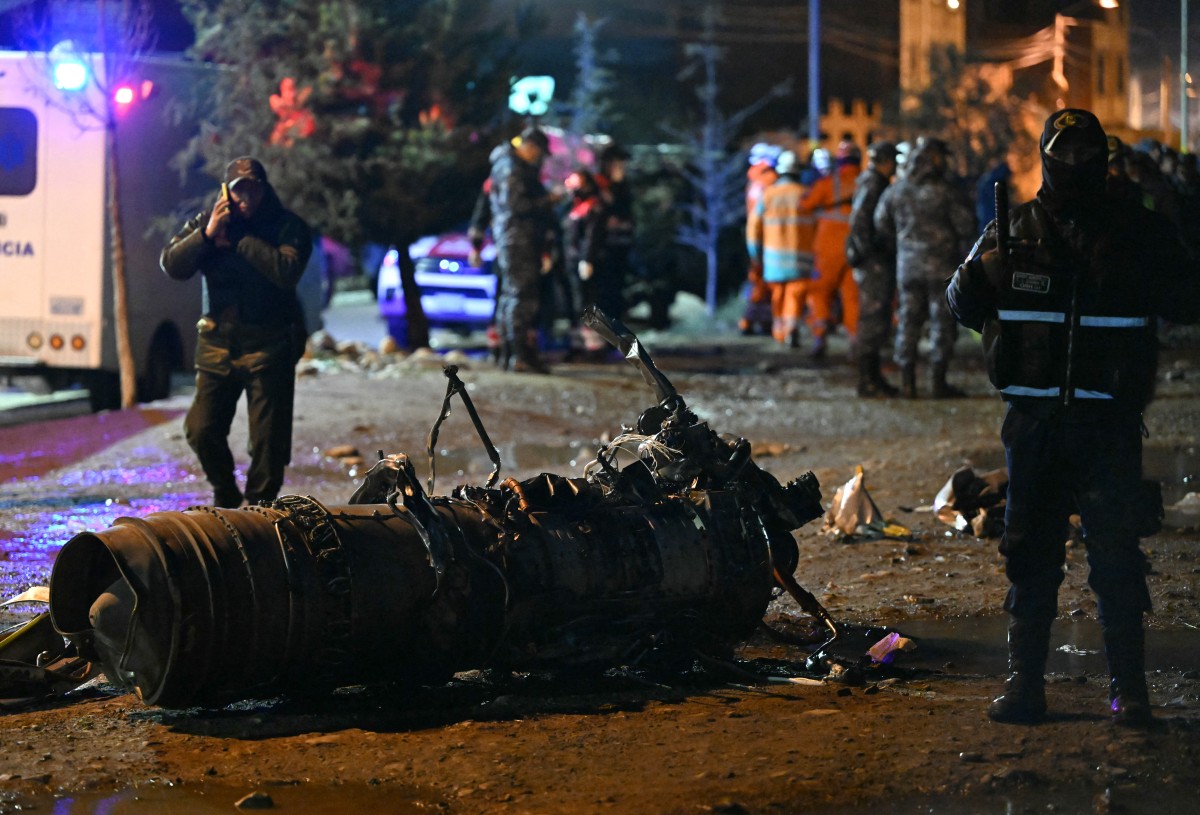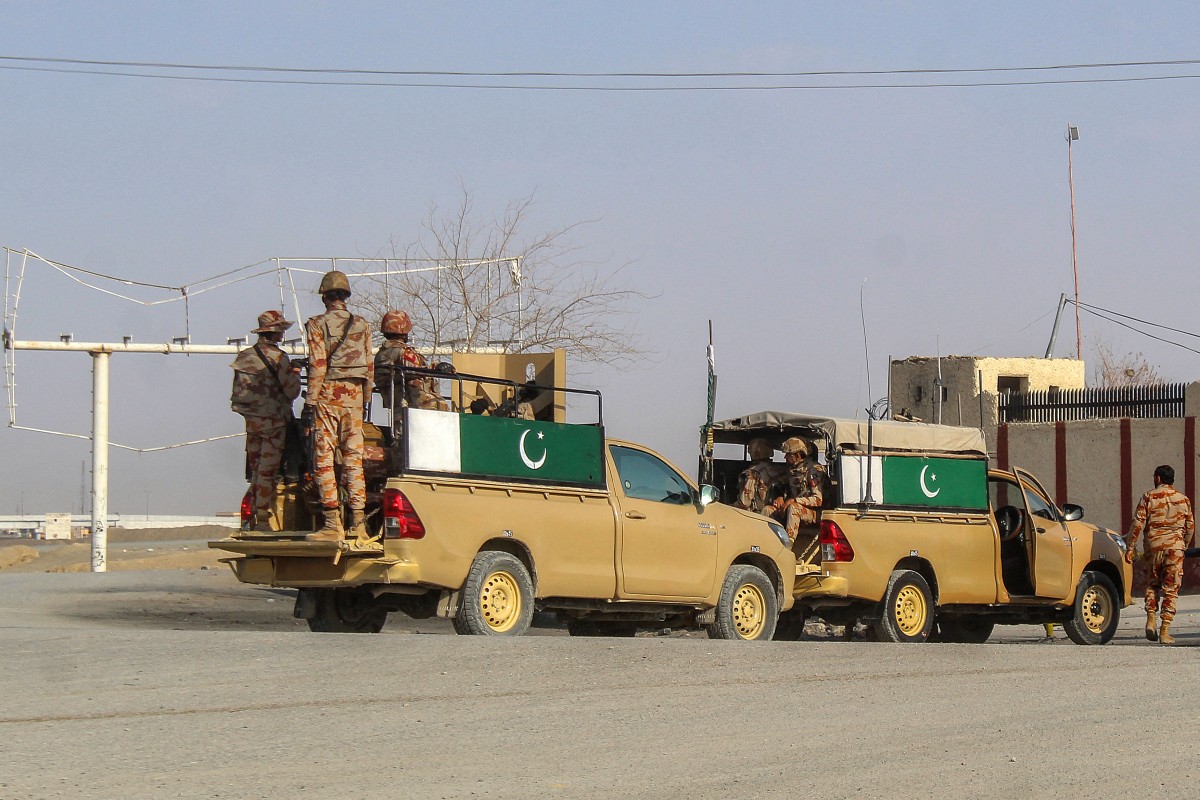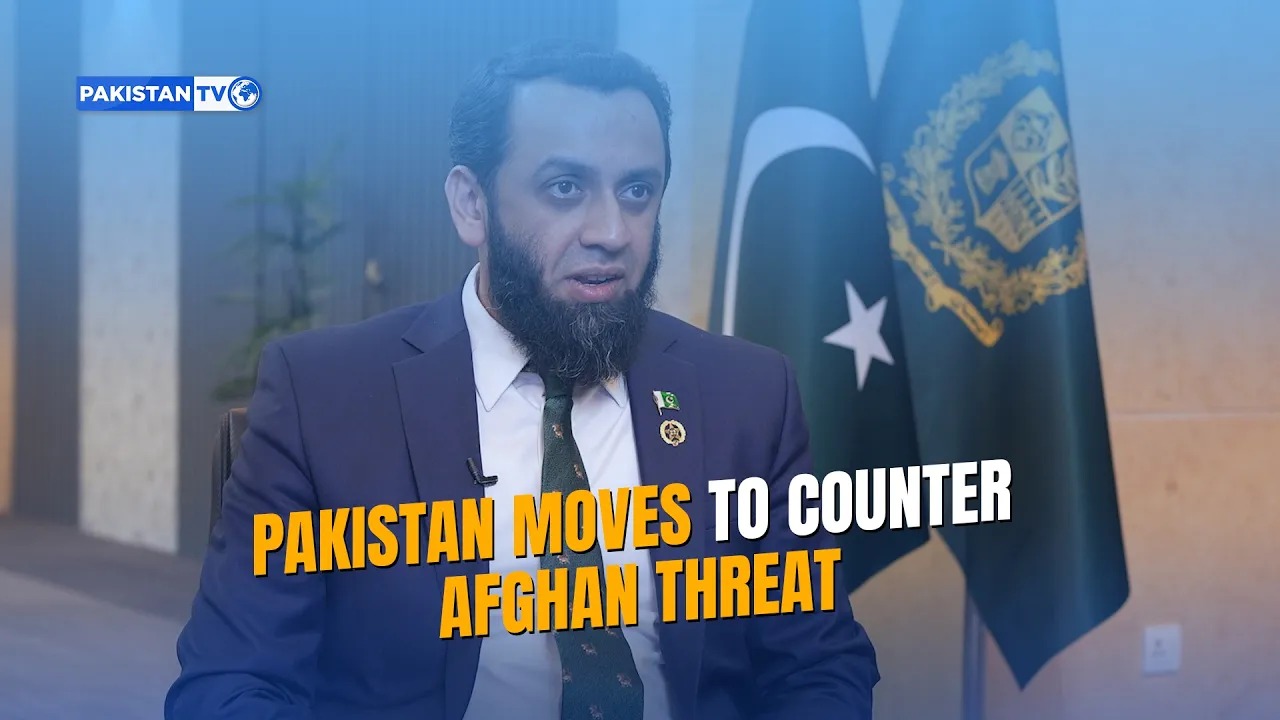ISLAMABAD: As the final run was scored in the much-anticipated Asia Cup 2025 clash between India and Pakistan in Dubai, something unusual unfolded, or rather, didn’t.
In a match charged with geopolitical undercurrents, the customary post-match handshakes, a simple act of sportsmanship, never happened. Indian captain Suryakumar Yadav, who sealed the victory for his side, quietly walked off the field with his batting partner. No handshakes. No nods of acknowledgment. Just a straight line back to the dressing room, where the Indian team quickly shut the door behind them.
Meanwhile, Pakistan’s players, lined up and waiting, glanced at each other with visible confusion. They stood there, expecting the usual gesture of mutual respect, but it never came. Instead, the umpires allowed the Indian players to leave the field without engaging, a move the Pakistani camp later contested. After protest by Pakistan’s team manager, match referee Andy Pycroft reportedly issued an apology. But by then, the moment had already become political.
In the post-match press conference, Indian captain Yadav didn’t mince words. He confirmed that the team’s decision not to shake hands was deliberate, calling it a symbolic act of protest, carried out under instructions from their cricket board.
The message wasn’t subtle, and neither was the fallout.
In response, Pakistan captain Agha abstained from the post-match presentation and media interaction. A quiet protest of his own. Instead, head coach Mike Hesson fielded the questions. “We were ready to shake hands at the end of the game,” he said. “But our opposition didn’t. We walked over, and they had already gone into the changing room.”
The Pakistan Cricket Board (PCB) was swift and vocal. Chairman Mohsin Naqvi took to X, formerly Twitter, to express what many fans were already feeling, that the Indian team’s actions reflected a “lack of sportsmanship.” He warned that letting politics seep into the sport only served to damage the spirit of the game.
But Naqvi didn’t stop at words. The PCB lodged a formal complaint with the International Cricket Council (ICC), accusing match referee Andy Pycroft of violating the Spirit of Cricket and failing to uphold neutrality during a politically sensitive fixture. They’ve called for his immediate removal from the tournament.
Former fast bowler Shoaib Akhtar also weighed in, speaking on a national sports show. “I’m speechless. It is disheartening,” he said. “Hats off to India for the win, but don’t politicize it. Shake hands, show some grace. Forget the fights. Even at home, arguments happen. You move on.”
The clash between these two South Asian rivals came only after extensive clearance from the Indian government, making the match itself a rare opportunity for sporting diplomacy. But instead of serving as a bridge in strained India-Pakistan relations, the game turned into a reflection of their deepening divide.
In the hours that followed, Pakistani fans took to social media to voice their frustration. Many described the lack of a handshake as a “clear insult,” with some even drawing comparisons to recent India-Afghanistan dynamics, where regional rivalries have also grown tense.
What was expected to be a moment of mutual acknowledgement in a sport known for its traditions turned into a quiet but resounding message: the game may have ended, but the tensions haven’t.
